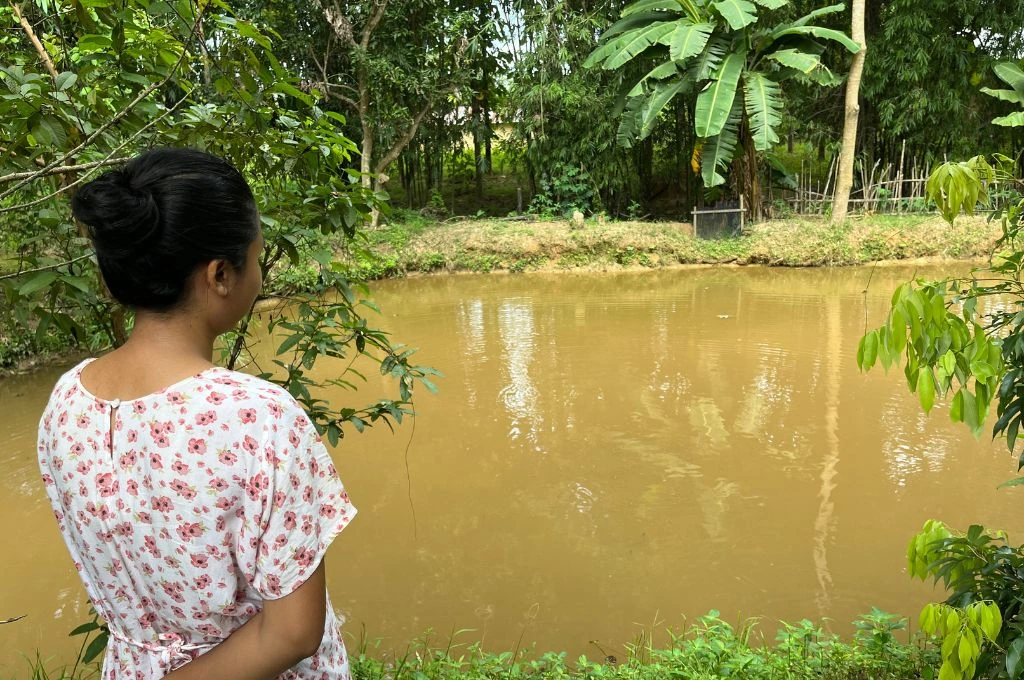
The Rongmei people reside in the northeastern states of Assam, Manipur, and Nagaland. They are recognised as a Scheduled Tribe (ST) in Manipur but not in Assam or Nagaland. Although the Rongmei were recognised as an indigenous Naga tribe in 2012, the state government withdrew this recognition in 2017.
As an unrecognised tribe, Rongmei youth in Nagaland find it difficult to access scholarships, job reservations, and other benefits designated for Scheduled Tribes. This exclusion perpetuates cycles of unemployment and poverty, leaving them with two primary livelihood options: private sector jobs, which are limited in number and do not pay well, and entrepreneurship. “While youth migrate to bigger cities for education or work, many of them return,” shares Gabriel Gonmei, COO at Rongmei Baptist Association (RBA). RBA is a nonprofit organisation working in Jalukie, a town in Nagaland’s Peren district with a sizeable Rongmei population.
This was also the case with Dorris, 29, and her husband, Sangampou Gangmei, 32. They were both residing in Delhi and working in private companies. But feeling insecure about their future, they returned to their village—Samzuiram in Jalukie—during the second COVID-19 lockdown. On returning, Dorris started working as a nurse at a private hospital, while her husband secured a teaching position at a private school.
To supplement their income, the couple decided to start a fishery enterprise in 2022. “We had these plots of land with ponds, and we knew that we needed to find another way to sustain ourselves in the long run. That’s when we decided to start fish farming,” Dorris elaborates. They started out with four ponds in the village and one at home.
Fish farming has always been practised in Jalukie, but Dorris and her husband chose to experiment with scientific methods, which yield larger fish, rather than relying on the traditional approach. Her husband also participated in skills training on scientific fishery practices, sponsored by RSETI.
Initially, they noticed that the village ponds had a higher yield than the one at their house. Fish require a pH level of 6.5–9 to thrive. The ponds in their village have a pH level of 6, whereas their home pond’s pH is 5. Although they have been able to cultivate fish in their home pond, theft and vandalism are common in the village ponds as they lack physical boundaries and are left unattended at night. Dorris says that local youths steal fish to support their drug habits.
Dorris’s struggles with the village pond are symptomatic of deeper issues: unemployment and a lack of opportunities. Young thieves frequently target the livelihoods of other people in the village as well. There have been cases where the culprits were caught, but such matters are resolved internally. Dorris further states, “We know who the thieves are, but we cannot do anything about it unless they are caught red-handed. At the end of the day, we are all from the same community, so there is some degree of hesitation.”
Keletsino Mejura is an IDR Northeast Media Fellow 2024–25.
Know more: Learn why a former pastor in Nagaland’s Phek district decided to become an entrepreneur.
Do more: Connect with the author at keletsinomejura@gmail.com to learn more about and support her work.



